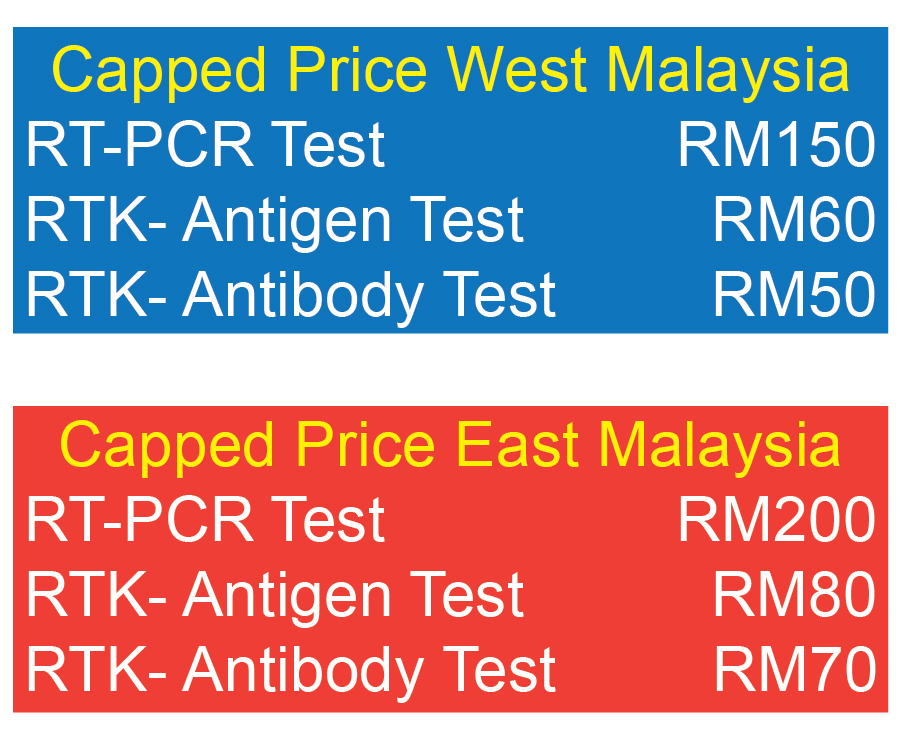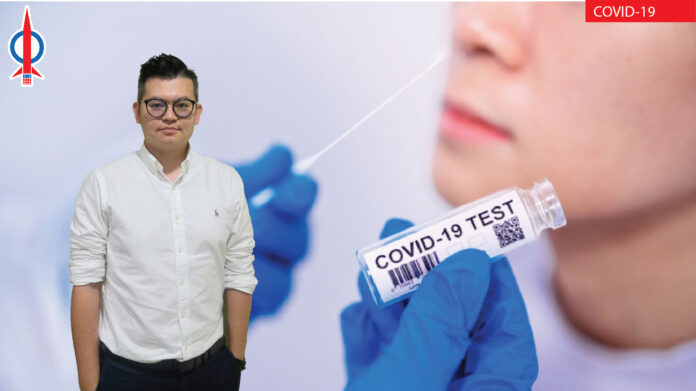Press statement by YB Kelvin Yii:
The Federal Government and Ministry of Health (MoH) must find ways to synchronise the capped prices of Covid-19 tests for both West Malaysia and East Malaysia to make it affordable and equitable for everyone as it is a necessity in our fight against Covid-19.
This is in response to the recent statement by the Health Minister Datuk Seri Dr Adham Baba that the price of Covid-19 tests has been capped under the Emergency (Essential Powers) Ordinance 2021 on May 11 to capped to ensure that it remains reasonable while the battle against the pandemic rages on.

However, the capped prices sure significant difference between East & West Malaysia; RT-PCR tests: RM150 (Peninsula), RM 200 (East Malaysia), RTK-Antigen tests: RM60 (Peninsula), RM80 (EM) and RTK-Antibody tests: RM50 (Peninsula), RM70 (EM)
Why must there always be a price difference between West & East Malaysia even when it comes to something so important during a pandemic? The government must find ways to subsidise the differences in cost so that that it is equitable for all.
It is injustice if those in East Malaysia are made to pay almost 40% more for these testing kits. The excuse of “transportation cost” or other common excuses often used to justify the differences in prices in East Malaysia is unreasonable in such context as the government should find ways to make it affordable and equitable for all regardless of our location and demographics.
Fact of the matter is, we should be encouraging more mass testing and one of the best ways to do it is to involve the private sector in all locations. In many locations in East Malaysia, the positive rate in those areas remain much higher than the recommended range by the World Health Organisation (WHO).
That is why, we need to make it as affordable as possible and encourage more to come out to test especially int outbreak areas. There should not be any form of discrimination in the case of a basic necessity especially when it comes to public health.










